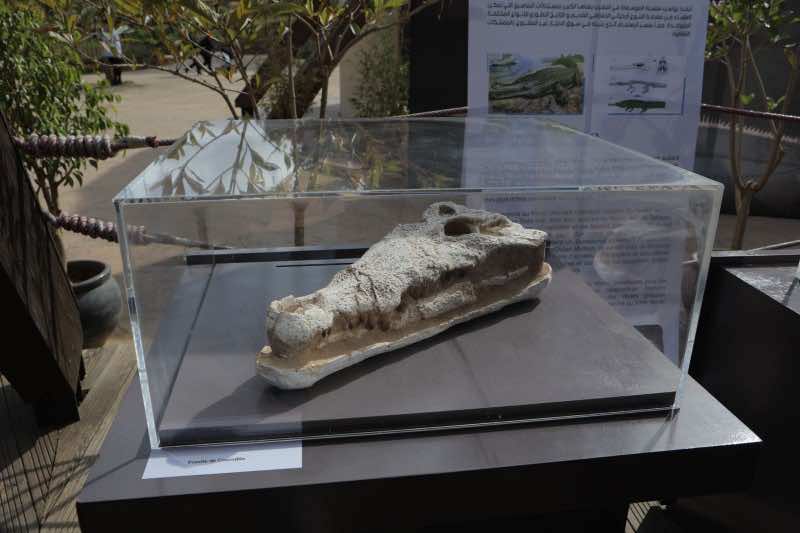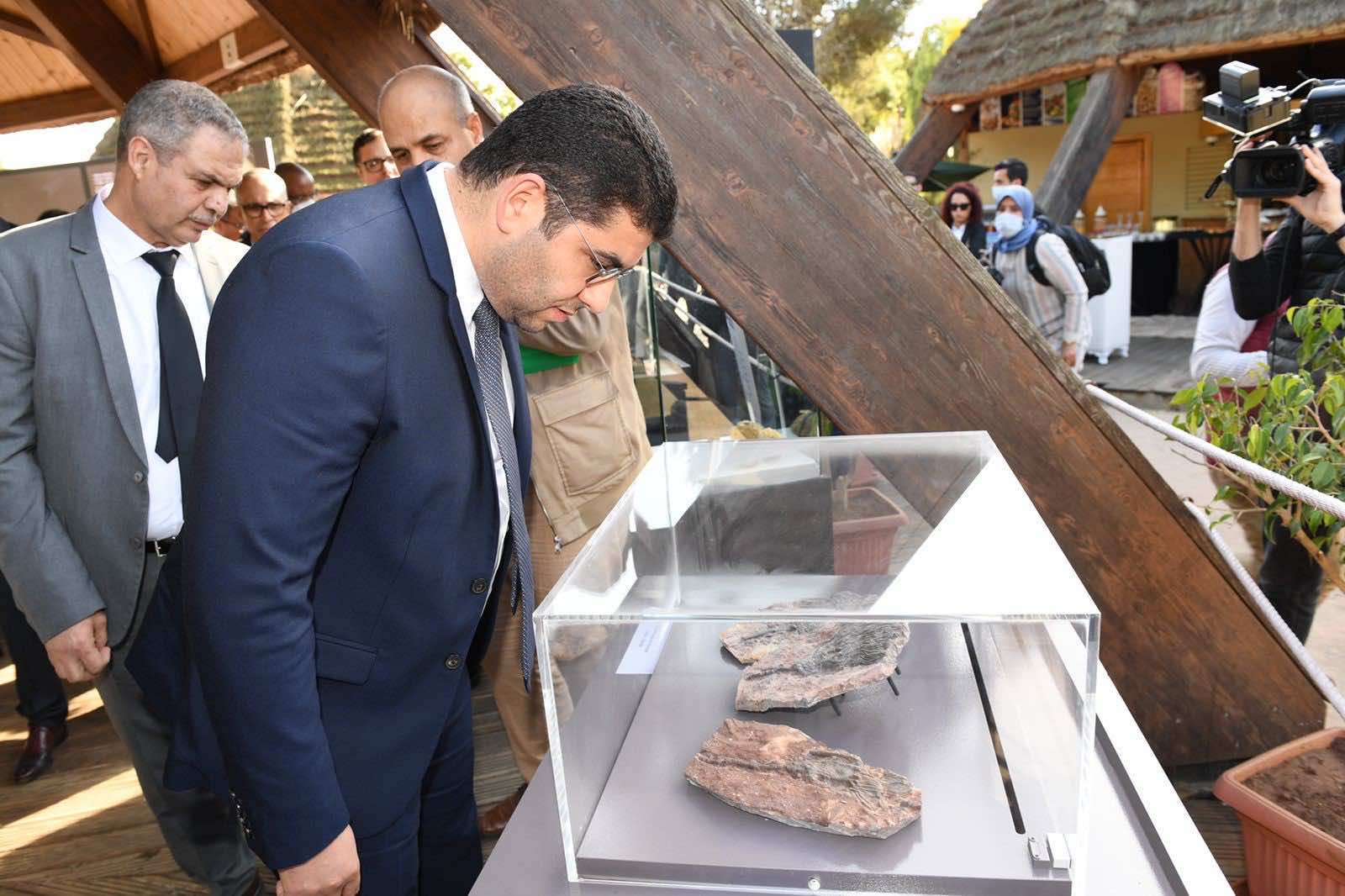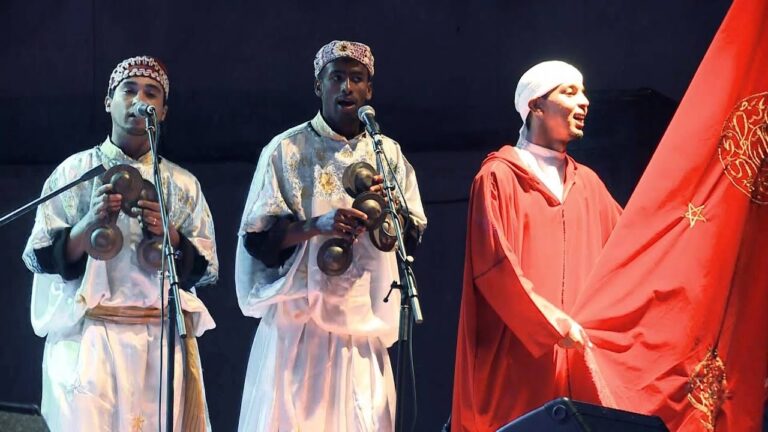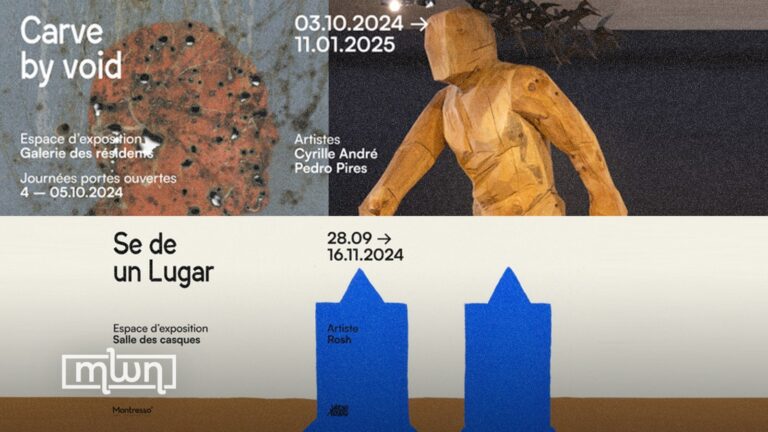Rabat – Morocco’s Minister of Culture and Communication Mehdi Bensaid presented on March 2 a recovered 56 million-year-old crocodile fossil in the Rabat Zoo.
The priceless historic artifact had been smuggled to the United States, where the crocodile fossil was seized along with 7,000 other artifacts, before being returned to Morocco.
The crocodile fossil will enable scientists to further understand ancient biodiversity and the evolutionary history of the different species present today.

The Moroccan recovery of the fossil underlines Morocco’s commitment to preserve and retrieve national heritage within the framework of the UNESCO Convention on the Means of Prohibiting and Preventing the Illicit Import, Export, and Transfer of Ownership of Cultural Property.
Signed in 1970, the convention seeks to counter the illegal trade of cultural artifacts globally.
Read Also: Scientists Discover ‘Remarkable’ Small Flying Dinosaur in Morocco
To preserve national heritage, Morocco recovered, in 2021, a total of 25,000 geological, archaeological, and ethnographic artifacts. Many of them originate from the Anti-Atlas region and Southern provinces and date back to prehistoric periods.
In 2020, Morocco recovered 25,500 rare artifacts and fossils from France under the guidelines of the 1970 UNESCO convention.
On the occasion, Morocco’s Ambassador to France Chakib Benmoussa commented that “this handover testifies to the common will of our two countries to form a united front against the illicit trafficking of cultural property within the framework of our respective international commitments in the matter.” 
Morocco “is proving to be an inexhaustible source of discoveries for the scientific community,” he added, recalling the 2017 discovery of the oldest Homo Sapiens in Jebel Irhoud.
In 2021 alone, scientists recorded several discoveries including a 163 million-year-old dinosaur fossil, a 66 million-year-old Coelacanth fossil, a 2.5 million-year-old Macaque fossil, and a rare plant fossil dating to the late Devonian era (from 419.2 million to 358.9 million years ago).
The discoveries reflect the rich history of Morocco as they allow scientists to understand the lifestyle of ancient inhabitants of the region as well as the changing biological diversity throughout time.
















